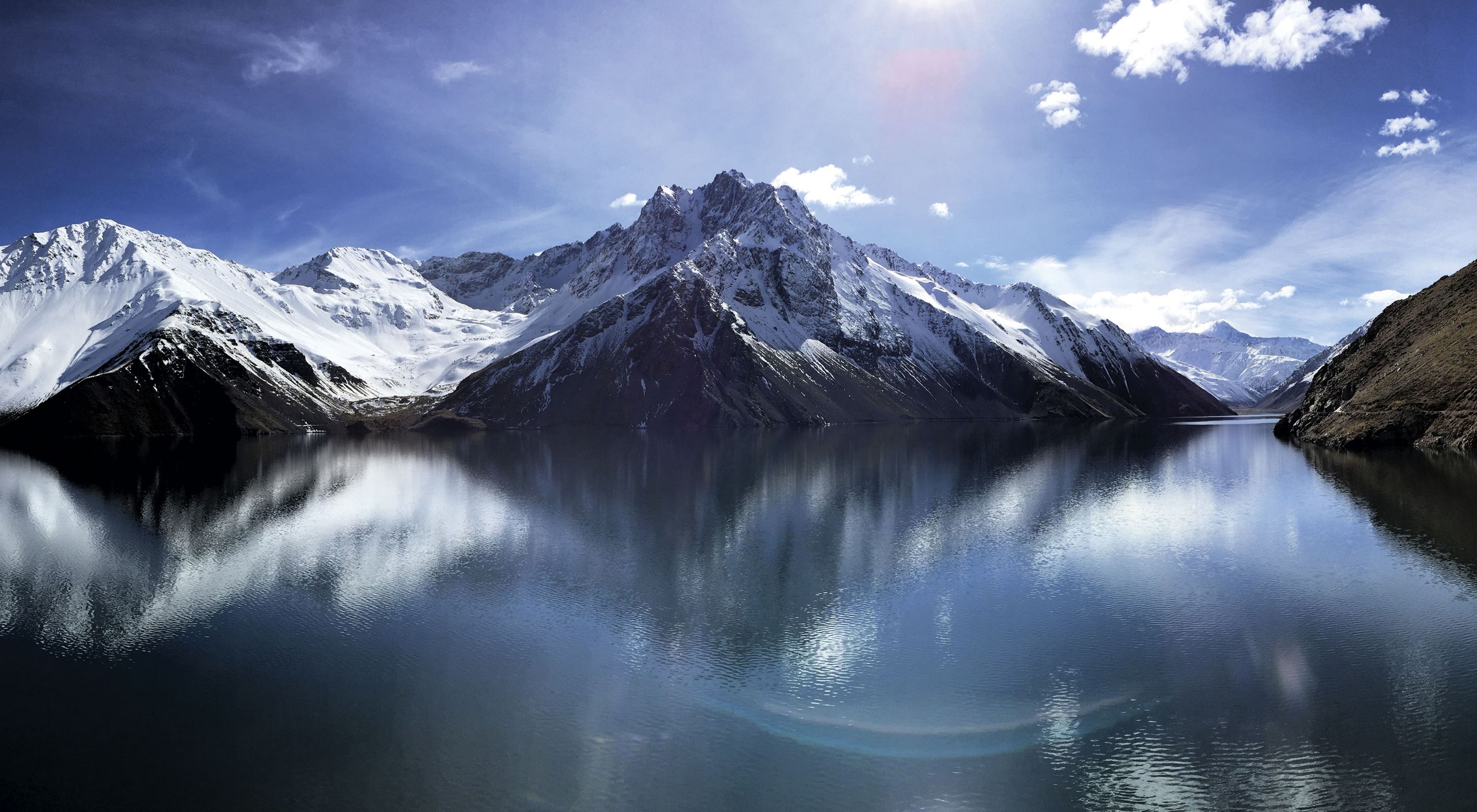Latin America holds a third of the world’s fresh water, but most of these resources are concentrated in areas like the Amazon and the Andes where few people live—80% of Latin Americans live in cities. Our research shows that 16 of Latin America’s 20 largest cities are now facing water shortages and that the three largest, São Paulo, Lima and Mexico City, are in danger of running out of water entirely. Delivering clean and reliable water may be the single largest challenge that our growing cities face.
Quote: Hector Contreras
We are facing unprecedented challenges as we begin the new decade.
By combining on-the-ground experience with innovative science, finance and policy, and our unwavering commitment to collaboration, TNC is helping communities overcome water insecurity and invest in freshwater systems so that both people and nature may thrive.
Over the past 20 years, Water Funds have revolutionized water management in Latin America. Water Funds convene public, private and community stakeholders to preserve water sources by reforesting watersheds that capture and filter water, while introducing sustainable agriculture and ranching practices to prevent contamination of the waterways. The model has proved to be a win-win for people and nature. Upstream conservation practices protect wildlife habitat, improve water quality and supply, increase agricultural yields and save downstream users money by avoiding the need for costly water treatment.
Through the efforts of the Latin America Water Fund Partnership (LAWFP)— an agreement between the Inter-American Development Bank (IDB), the Global Environmental Facility (GEF), FEMSA Foundation, the International Climate Initiative (IKI) and TNC—and with a growing list of local partners, we have created 25 Water Funds in nine Latin American countries. Our latest addition was the Santiago-Maipo Water Fund—Chile’s first—which will help safeguard water sources for Santiago’s 7 million inhabitants and the country’s agricultural sector.
As of December 2019, Water Funds have leveraged more than $205 million from 570 public and private partners, achieving the conservation of nearly 707,000 acres critical for water security and biodiversity.
Water Funds have continued gaining global recognition as a model of impact and innovation. In 2019, the Latin America Water Funds Partnership received the State-of-the-Art Partnership Awards (P4G Award) for its contributions to mobilizing communities, contributing to climate action, and helping countries reach their sustainable development goals. Ecuador’s Tungurahua Water Fund received the 2019 Equator Prize as an outstanding community and indigenous initiative building climate change resilience.

Given the success of the Water Fund model, the LAWFP has continued refining its methodology and tool sharing to consolidate existing funds and accelerate the deployment of new ones throughout the region. In Colombia, a new coalition of more than 40 partners is already showing powerful results, such as a new regulation that allows water utility companies to invest in nature-based solutions through water and sanitation tariffs. As another example, nearly 400 multisector participants from 26 countries convened at The Water Funds Summit, held in Mexico City last July, with more than 1,100 followers online. As an outcome of the summit, a new Water Funds Network was launched to share best practices among 26 Water Funds in the region, with five exchange workshops held in Ecuador, Mexico, Colombia and Brazil.
Our corporate partners, such as Coca-Cola, Coca-Cola FEMSA, Arca Continental, BEPENSA, PepsiCo and AB InBev, have also invested in Water Funds as part of their sustainability and water replenishment goals and have engaged their employees in social responsibility efforts. In 2019, 855 volunteers planted 8,700 trees to restore 22 acres in priority watersheds during nine volunteering events held in Ecuador, Colombia, Costa Rica, Panama and Guatemala.
The relevance of Water Funds for water security has never been greater. More than 40% of watersheds that supply the world’s cities are degraded. One in four cities around the world is already experiencing water stress. With an approach that is efficient, proven and scalable, TNC and its partners are making nature a critical part of the solution for a water-secure future.


